Life works in very mysterious ways.
A 70-year-old woman has reportedly given birth to not one, but two babies, on Wednesday (November 29) in Uganda.
Safina Namukwaya delivered her twins at 12:04 pm, a boy and girl, via cesarean at the Women’s Hospital International and Fertility Centre (WHIF) in the capital, Kampala.
The happy mom-of-two had undergone an in vitro fertilization (IVF) procedure.
NTV Uganda, the Ugandan national broadcast, captured the “historic” event, as stated by the WHIF in a Facebook post.
“Women’s Hospital International and Fertility Centre Sets African Record!” The center wrote.
Safina Namukwaya, a 70-year-old woman, welcomed twins on Wednesday (November 29) in Uganda
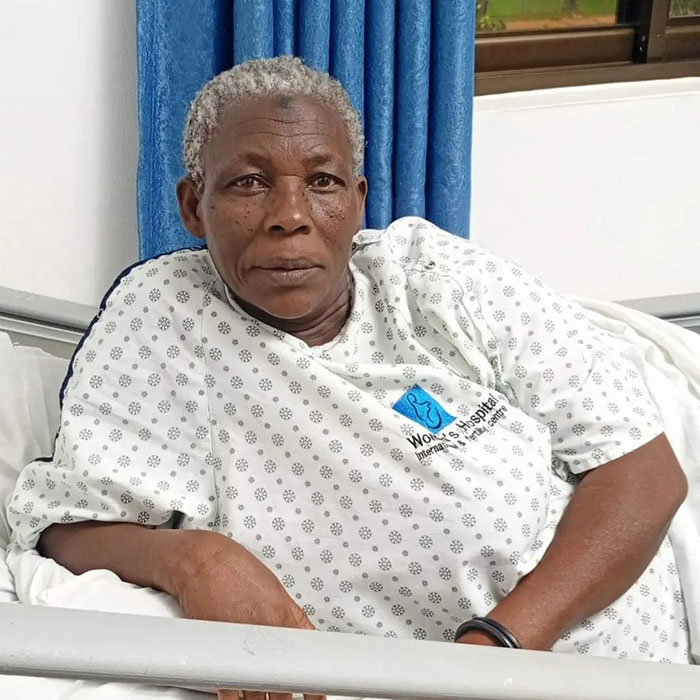
Image credits: Women’s Hospital International and Fertility Centre
Its post continued: “Celebrating our 20th anniversary, we’ve achieved the extraordinary – delivering twins to Africa’s oldest mother aged 70!
“This historic event, a baby boy and girl, not only marks our two decades of leadership in IVF but also sets us apart as the premier fertility center in Africa.”
The proud center went on to state that “mother and babies are all well.”
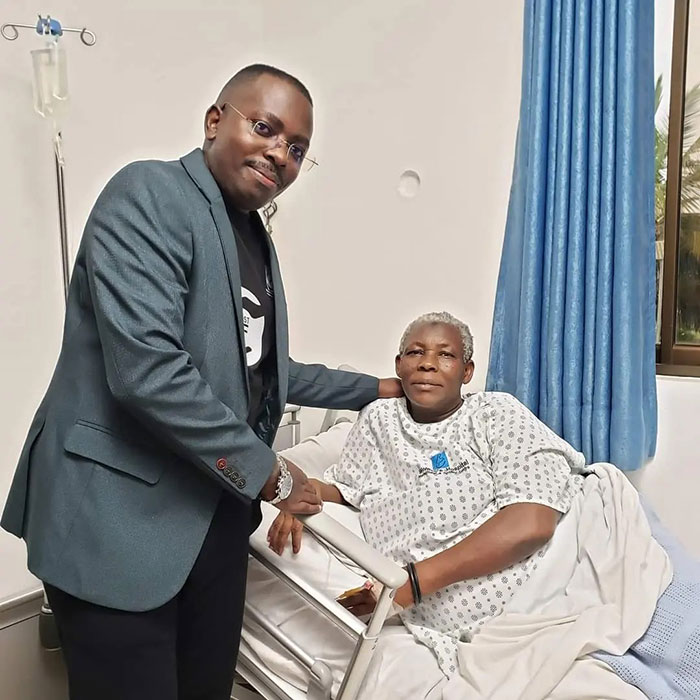
Image credits: Women’s Hospital International and Fertility Centre
According to the BBC, the hospital congratulated Safina, saying it is more than a “medical success; it’s about the strength and resilience of the human spirit”.
Dr Edward Tamale Sali, a fertility specialist at the WHIF, told the British broadcaster that the mother used a donor egg and her partner’s sperm for the IVF procedure.
Moreover, the babies were reportedly born prematurely at 31 weeks and placed in incubators.
The happy mom-of-two underwent an in vitro fertilization (IVF) procedure
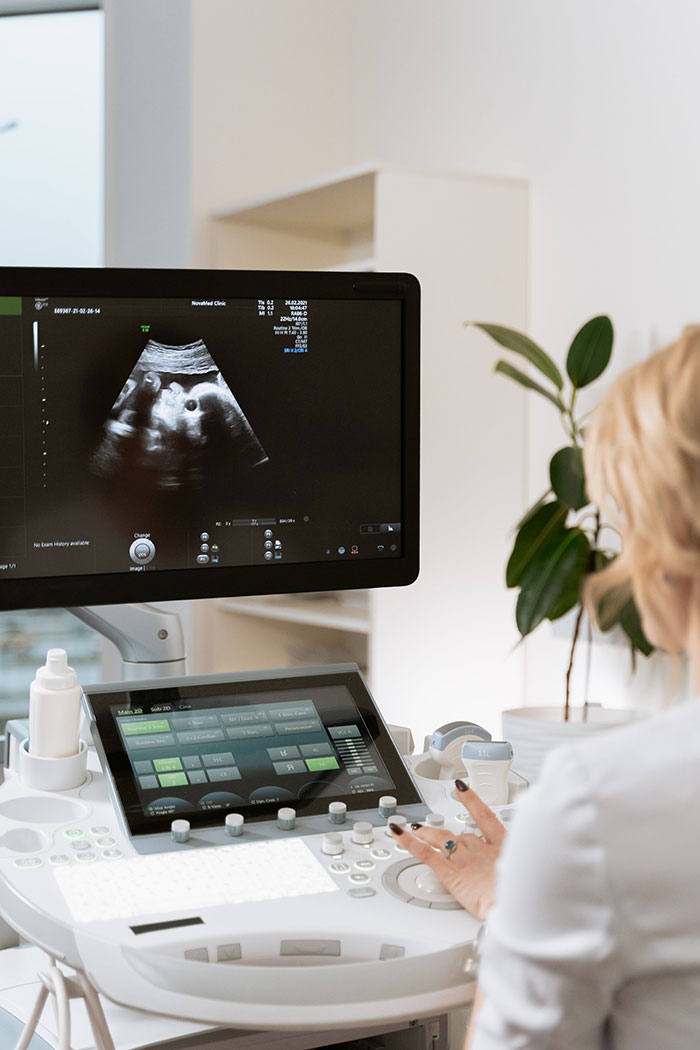
Image credits: MART PRODUCTION
Nevertheless, Edward said that the babies were currently “stable”.
Safina had previously told Uganda’s Daily Monitor newspaper that her pregnancy had been difficult as her partner abandoned her when he realized she was going to have twins.
She said: “Men don’t like to be told that you are carrying more than one child.
“Ever since I was admitted here, my man has never showed up.”
The hospital staff said it’s more than “medical success; it’s about the strength and resilience of the human spirit”
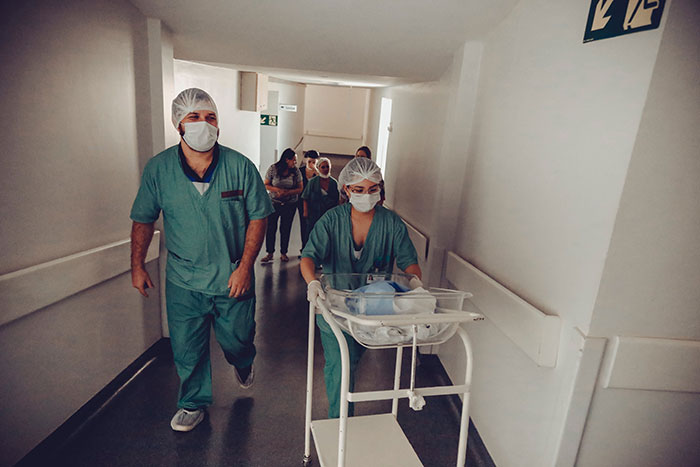
Image credits: Vidal Balielo Jr.
The brave single mom has now delivered for the second time in three years, giving birth to a baby girl for the first time in 2020.
Safina had reportedly revealed that she had wanted to have children after she had been mocked for being childless.
She said: “I looked after people’s children and saw them grow up and leave me alone.
“I wondered who would take care of me when I grow old.”
The babies were reportedly born prematurely at 31 weeks and placed in incubators
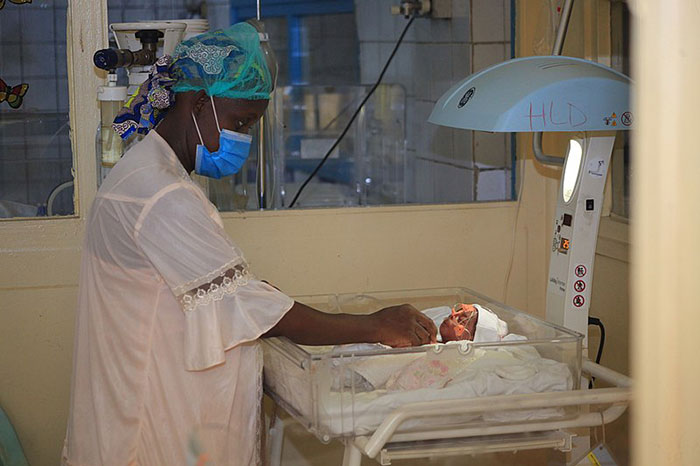
Image credits: Destiny Deffo
According to the American Congress of Obstetricians and Gynecologists, for a person born with female organs, the peak reproductive years are between the late teens and late 20s.
By age 30, fertility, and therefore the ability to get pregnant, starts to decline.
This decline happens faster once a person reaches mid-30s.
By 45, fertility has declined so much that getting pregnant naturally is unlikely.
However, occurrences similar to Safina’s have happened in the past.
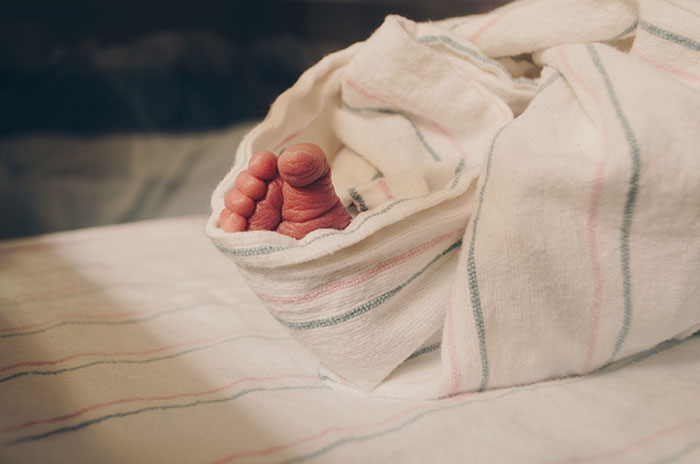
Image credits: Kelly Sikkema
In 2019, a 73-year-old Indian woman gave birth to twin girls following IVF treatment in the southern Indian state of Andhra Pradesh.
At the time, Dr Uma Sankar, the woman’s doctor, told BBC Telugu: “The mother and the babies are doing well.”
The mom, Mangayamma Yaramati, had reportedly said she and her husband, who was 82 years old at the time, had always wanted children but had been unable to conceive until then.
Mangayamma’s husband, Sitarama Rajarao, said: “We are incredibly happy,” just hours after the babies were born.
You can watch Safina’s post-partum interview at the Women’s Hospital International and Fertility Centre below:
Having children was important to the couple, who reportedly revealed that they had felt stigmatized in their village.
Mangayamma recalled: “They would call me a childless lady.
“We tried many times and saw numerous doctors, so this is the happiest time of my life.”
Such “medical births” have been met with controversy, with certain people questioning the ethics behind the children being born to such elderly parents.
Safina was flooded with congratulatory messages online

Dr. Angela Lawson, a psychologist working with Northwestern University’s fertility clinic and an associate professor at the Feinberg School of Medicine, told Business Insider: “My concern is that — understanding an adult individual’s ability to make choices for themselves and their reproductive futures — they’re also making a decision that is going to influence that potential child.
“What we can surmise in this situation — and in other situations where parents are in their 60s, 70s, 80s — is that those children, in all likelihood, will not have a parent who will survive to adulthood for them.”
In the US, “providing donor oocytes or embryos to women over 55 years of age, even when they have no underlying medical problems, should be discouraged,” according to the American Society of Reproductive Medicine.
Many people applauded Safina and the medical staff for the incredible news









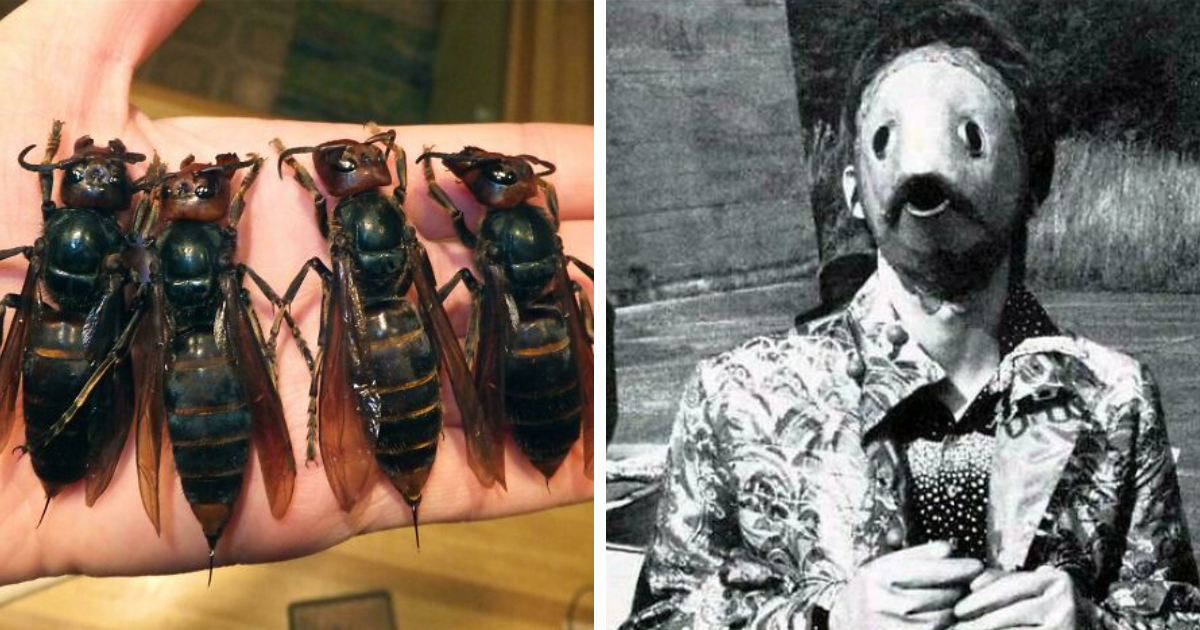
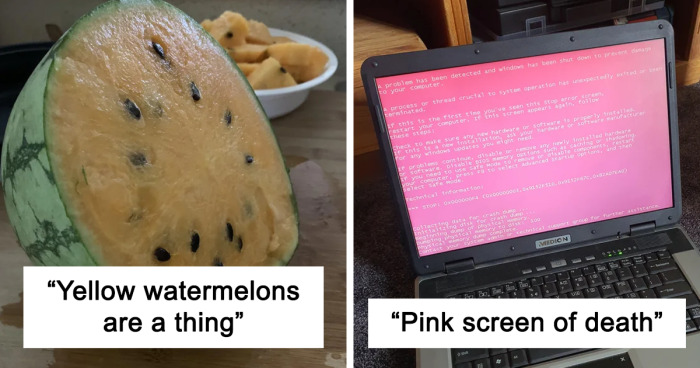








 English (US) ·
English (US) ·